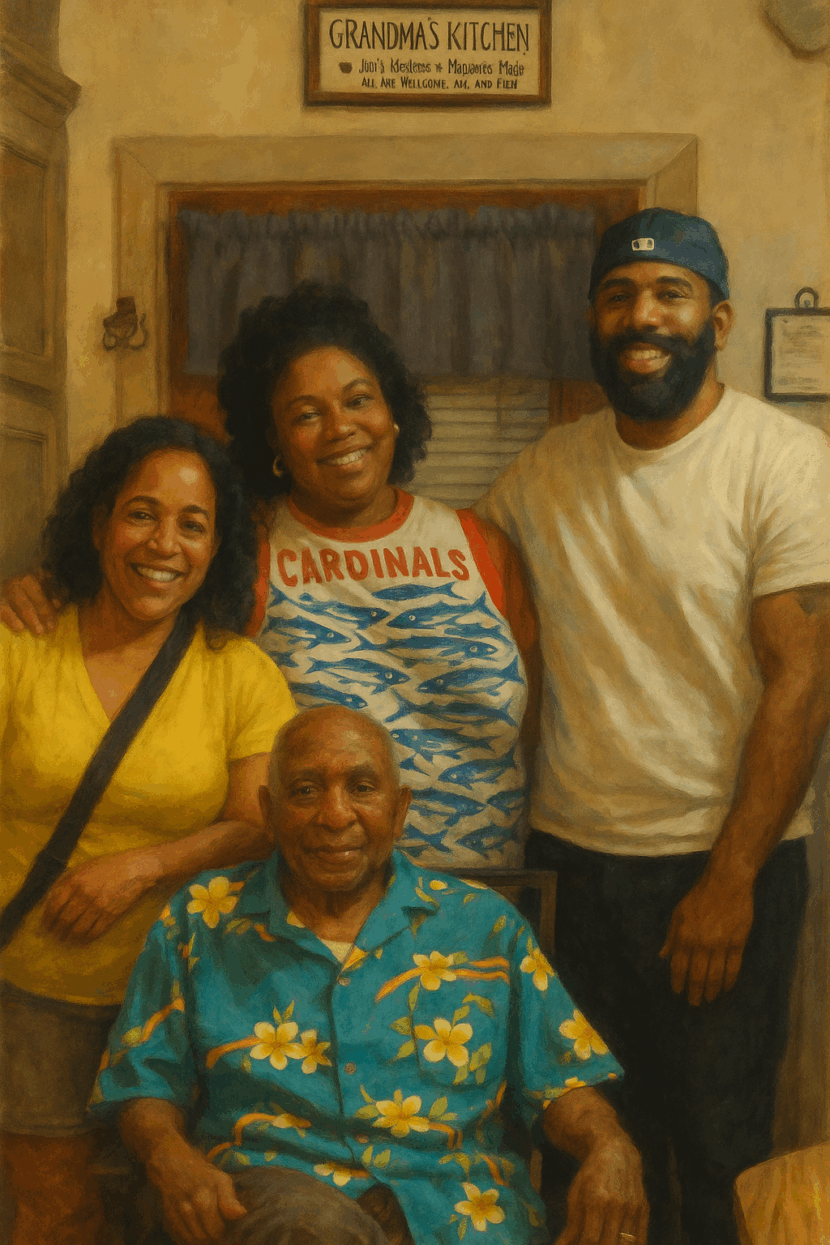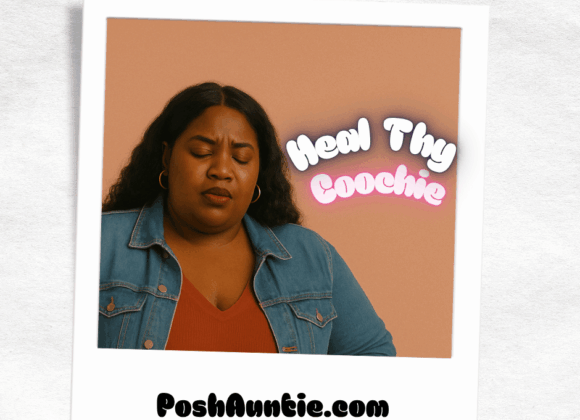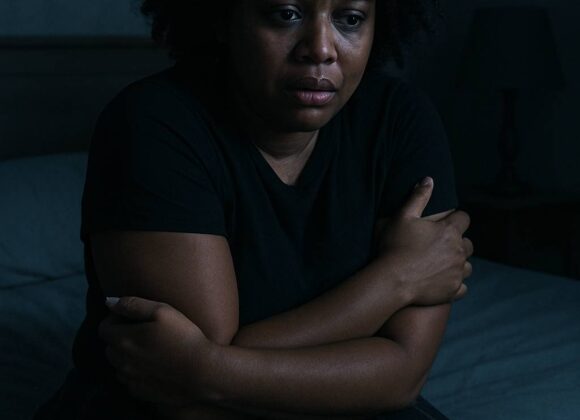People often say: “Join a community in the things you love. Strengthen a community with your family. Stay in touch with friends for community’s sake.”
It sounds nice. But in reality, it’s a lot easier said than done.
As a millennial, I feel like I’ve experienced the highs and lows of community. My first community was my family. Extended relatives and family friends who seemed to always be around. Then Y2K happened, and suddenly, I had an internet community too. MySpace pages, AOL chat rooms, and those Top 10 lists we all lived for.
But as I’ve grown into adulthood, I’ve realized something simple but hard: community doesn’t just happen. It takes work, energy, and yes………sacrifice.
We live in a hyper-independent society where no one wants to take the initiative. No one wants to be the person who makes the call, organizes the dinner, or sets the table. Yet without someone stepping up, the community slowly fades away.
I saw this firsthand when my grandmother passed. She was the glue of our family, the one hosting backyard barbecues, Sunday dinners, and holiday gatherings. As a child, I thought people just magically appeared at her house, and it turned into a party. But now I know the truth: she worked at it. She called people, kept everyone updated, never left anyone out, cooked, and even assigned dishes. She didn’t just host; she cultivated. She was intentional. And when she died, our gatherings slowly faded too.
A Fish Fry in New Jersey
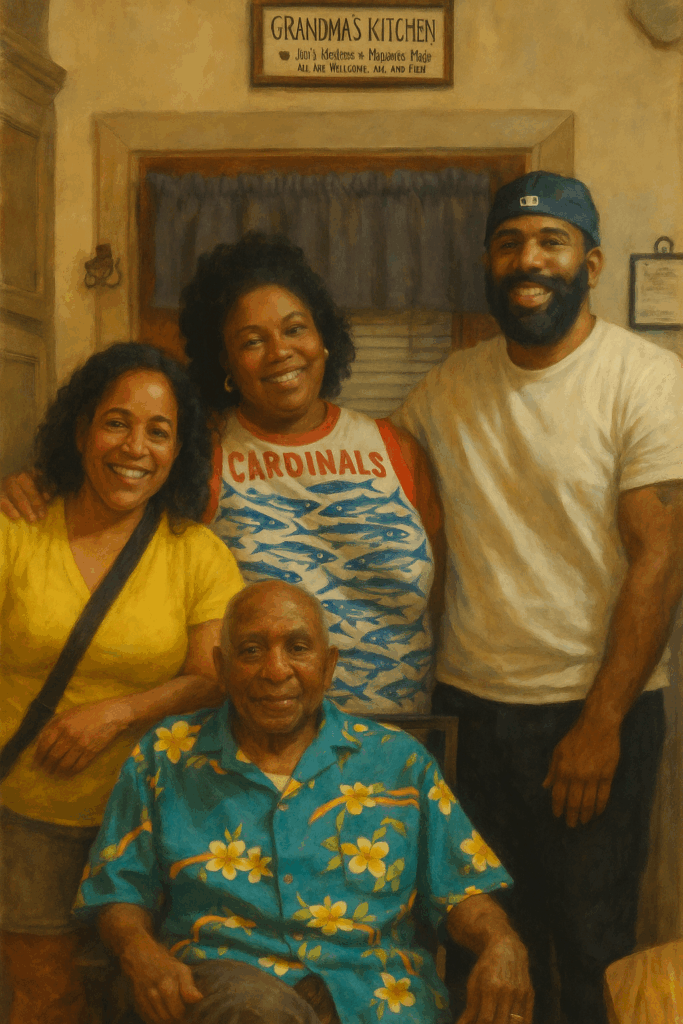
Recently, I found myself back in New Jersey. On a whim, I decided to do something my grandmother would’ve done, I picked up the phone. I called my aunts, cousins, and whoever else I could reach and said, “Let’s get together.”
Now, if you know my family, you know the usual chorus: “I’m too busy.” “That’s too much work.” “Do we really need to get together?” People complain. They drag their feet.
But the moment I said, “Fish fry at my spot, come through,” everyone showed up. And not only did they show up, they stayed, they laughed, they ate, and they loved on each other. By the end of the night, all that hesitation was forgotten.
That moment was a turning point for me. I decided that it’s okay if I’m the one who takes charge. It’s okay if I’m the person to pick up where my grandmother left off. Community, especially family community, might not build itself, but it will respond when someone takes the lead.
My Lessons on Building Community
In leaning into this role, not just with family but with friends too, I’ve had a few realizations:
1. You Have to Be Intentional
Community doesn’t happen by accident. You have to plan for it. Put it on the calendar, set a reminder, and actually show up.
2. Get Involved
Join a club. Start a group chat. Create a family Facebook page where people can share milestones and keep each other updated. Small things like that keep connections alive.
3. Be Open to Hosting
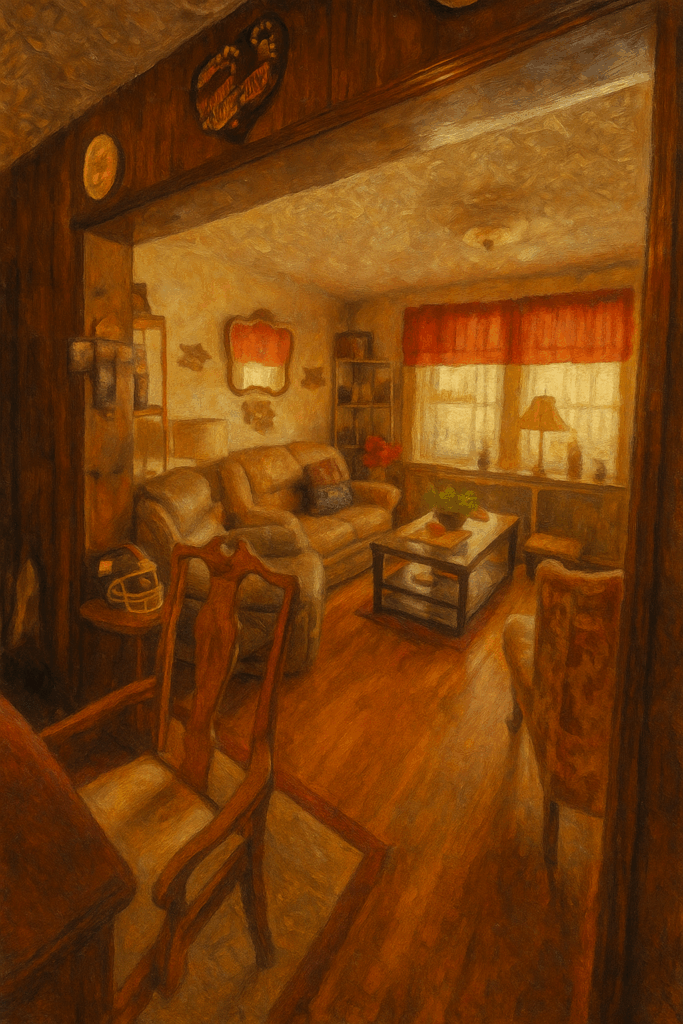
This is one I struggle with. Opening your home feels vulnerable, and it’s work. But hosting, even just once in a while, creates space for deeper connection. And honestly, it’s more meaningful than always meeting at restaurants or public places.
4. Accept That Community Is Inconvenient
This is the biggest one. Community costs you something:
- Committing to an event after a long workday? Inconvenient.
- Cleaning your house and cooking for guests? Inconvenient.
- Keeping track of birthdays, milestones, and anniversaries? Inconvenient.
But that’s the price. The cost of community is being inconvenienced.
Why It’s Worth It
Here’s the thing: when you put in the effort, people show up for you too. Community becomes a safety net. People to lean on when life gets heavy, connections that open doors to jobs, advice, or opportunities.
Even in the darkest moments, when you’re sick, grieving, or at the end of life………you don’t have to be alone if you’ve built and maintained community.
That’s why I believe we, as Posh Aunties, have to step up as the next leaders. We are the new bridge builders, the gatherers, the people who remind everyone else that community matters. If we don’t do it, who will?
So yes, it’s inconvenient. But it’s also life-giving. And that trade-off is always worth it.
(Disclaimer: I understand some relationships are one-sided. What I’m encouraging here are reciprocal, healthy connections, a community that pours into you as much as you pour into it.)

